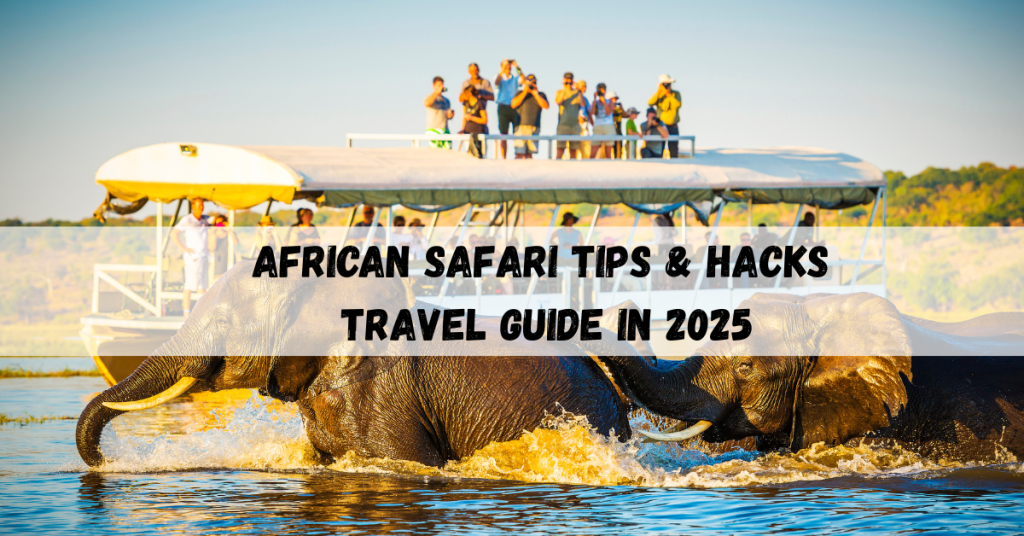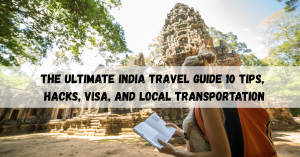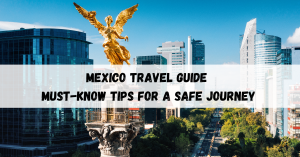An African safari is an unforgettable adventure, offering breathtaking landscapes, diverse wildlife, and cultural encounters. However, proper preparation is key to ensuring a smooth and enjoyable experience. Whether you’re a first-time traveler or a seasoned explorer, these African Safari Tips & Hacks will help you make the most of your journey.
Choosing the Right Safari Destination
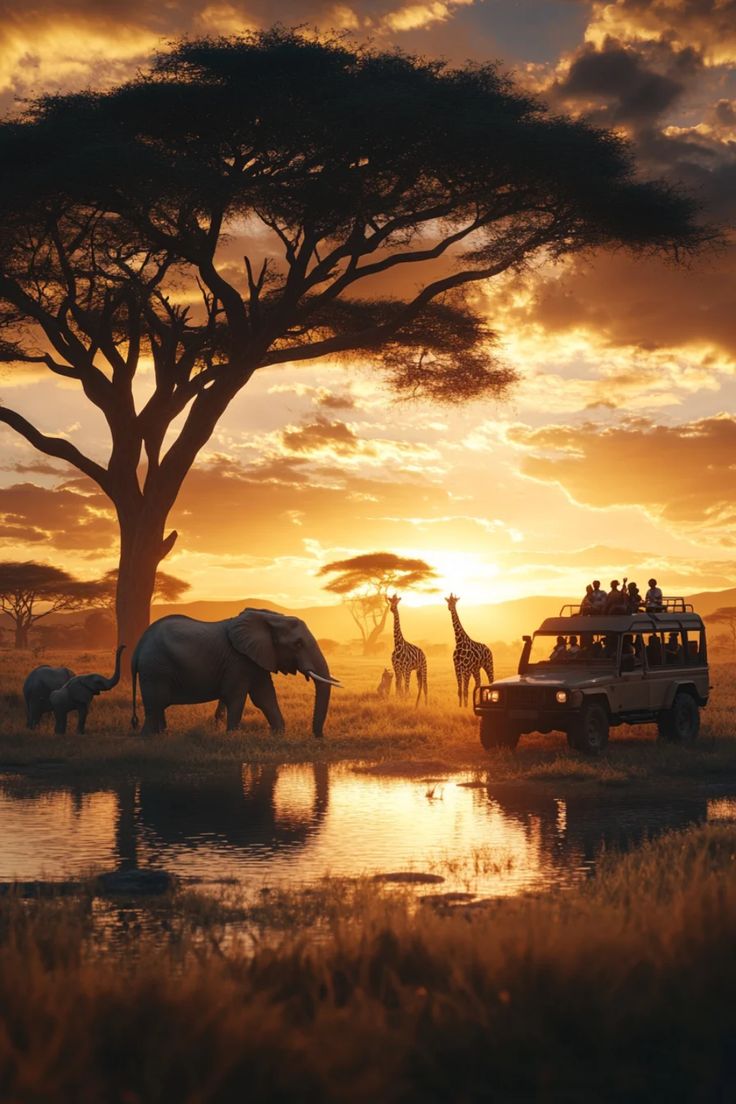
Africa is home to incredible safari destinations, each offering unique landscapes and wildlife experiences. Your choice will depend on the type of animals you want to see, the level of comfort you prefer, and your budget.
| Region | Best For | Top Safari Parks |
|---|---|---|
| East Africa | Great Migration & Big Five | Serengeti (Tanzania), Maasai Mara (Kenya) |
| Southern Africa | Luxury safaris & diverse wildlife | Kruger National Park (South Africa), Okavango Delta (Botswana) |
| Central Africa | Gorilla trekking & rainforests | Bwindi Impenetrable Forest (Uganda), Volcanoes National Park (Rwanda) |
Tip: For a classic safari experience, Kenya and Tanzania offer excellent wildlife viewing and well-developed tourism infrastructure.
Best Time to Go on an African Safari
Your safari experience will vary depending on the season.
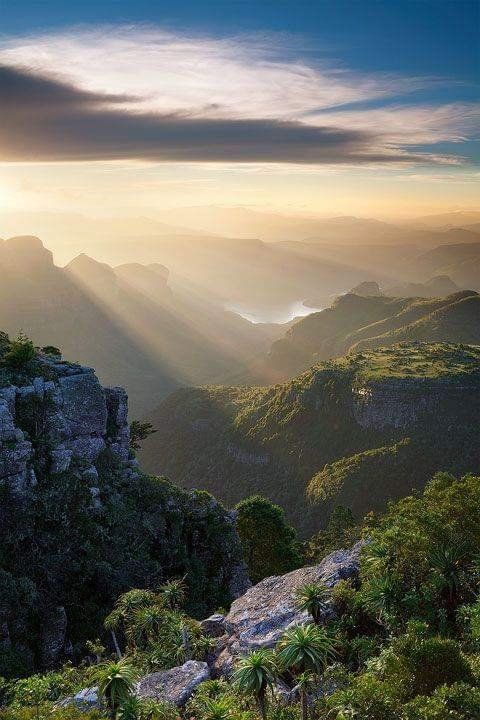
- Dry Season (June – October): Best for spotting large wildlife gatherings around waterholes, excellent for game drives.
- Wet Season (November – May): Lush green landscapes, fewer tourists, and great for birdwatching, but some roads may be muddy.
Tip: If you want to witness the Great Migration, visit Kenya or Tanzania between July and October.
Essential Safari Packing List
Packing the right essentials will make your safari comfortable and hassle-free.
Clothing
Neutral-colored shirts & pants (earth tones like khaki & olive)
Lightweight long sleeves (for sun & insect protection)
A warm jacket (mornings & nights can be cold)
Comfortable hiking shoes
Gear & Accessories
Binoculars (for better wildlife spotting)
Camera with a zoom lens (for close-up animal photos)
Sunscreen & sunglasses
Insect repellent with DEET
Travel Essentials
Passport & visa documents
Travel insurance & vaccinations
Power bank & universal adapter
Safari Accommodation Options
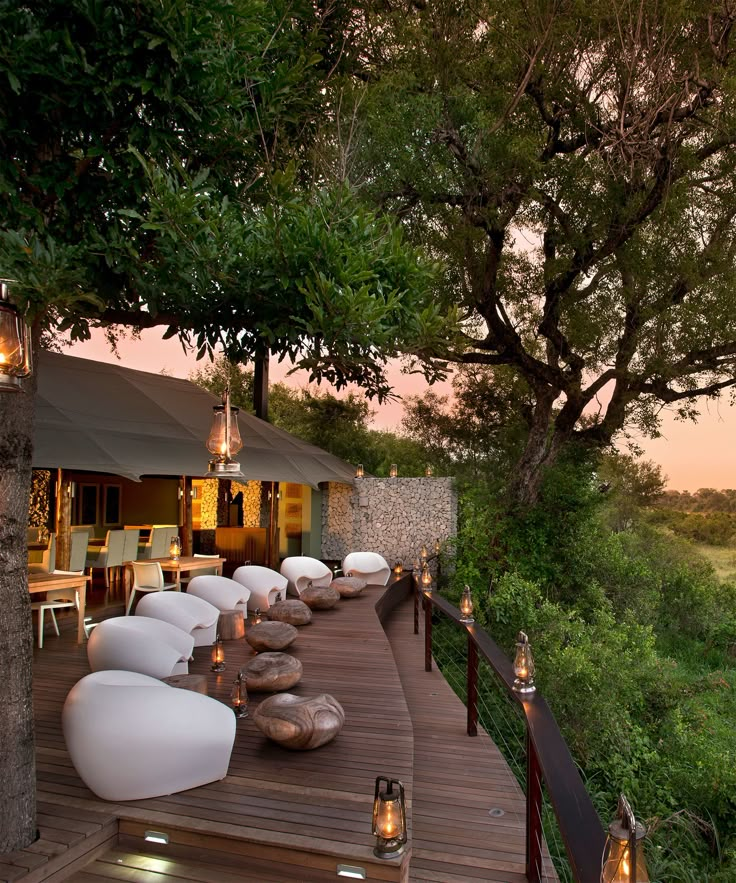
Safari accommodations range from budget-friendly options to ultra-luxurious lodges.
| Accommodation Type | Description | Best For |
|---|---|---|
| Luxury Lodges | Five-star service, private game drives, infinity pools. | Honeymooners, luxury travelers. |
| Tented Camps | Canvas tents with en-suite bathrooms & great views. | Mid-range travelers, nature lovers. |
| Self-Drive Camps | Drive your own vehicle & set up camp. | Budget travelers, adventurers. |
Understanding Safari Vehicles and Guides
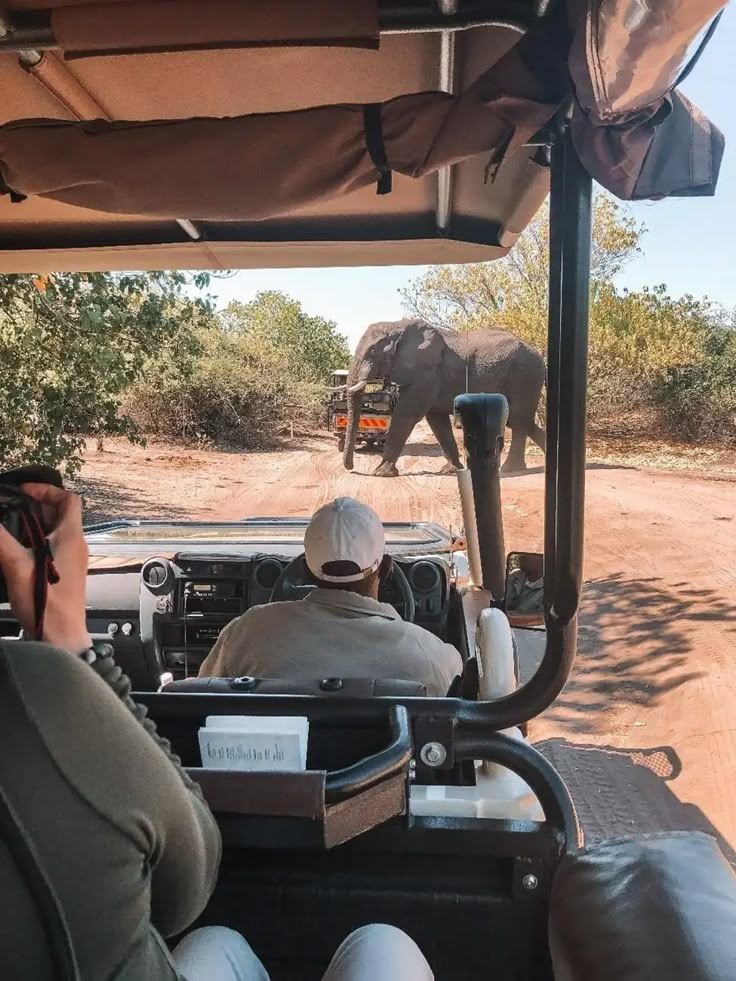
Your safari vehicle and guide play a big role in your experience.
- Open 4×4 Vehicles: Best for visibility and photography.
- Closed Vehicles with Pop-up Roofs: More comfortable for long drives.
- Expert Guides: Track animals, share knowledge, and ensure safety.
Tip: Always listen to your guide, they know how to find elusive wildlife!
Staying Safe in the Wild
Following basic safari safety rules can prevent accidents.
Never leave the vehicle unless your guide allows it.
Do not approach or feed wild animals.
Stay silent and avoid sudden movements near animals.
Wildlife Spotting Tips
Seeing the Big Five (lion, leopard, elephant, rhino, buffalo) requires patience and strategy.
Use binoculars to scan the landscape for movement.
Listen to alarm calls from birds & other animals.
Go on early morning & late afternoon drives when wildlife is most active.
Photography Tips for an African Safari
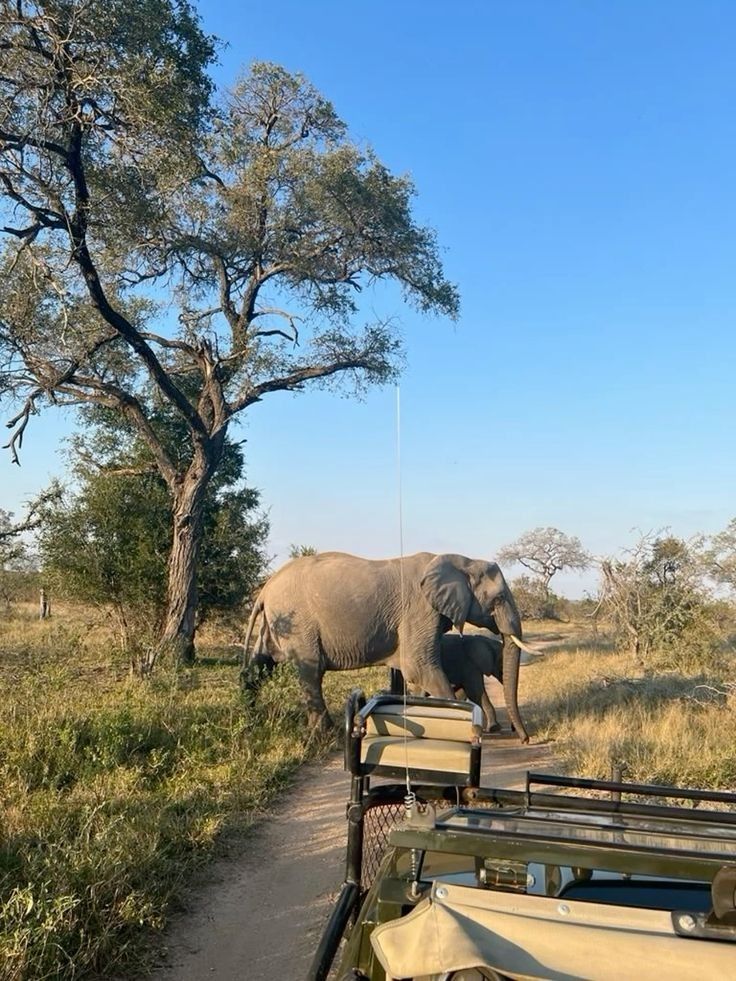
Capturing great safari photos requires good equipment and technique.
Use a telephoto lens (200mm or more) to capture distant animals.
Shoot during golden hour (early morning & sunset) for the best lighting.
Turn off the car engine to avoid camera shake.
What to Wear on Safari
Dressing appropriately keeps you comfortable and safe.
Light, breathable fabrics (cotton or linen)
Neutral colors (khaki, brown, green) to blend in with nature
Wide-brim hat & sunglasses for sun protection
Avoid bright colors or dark blue/black (which attract tsetse flies).
Eco-Friendly Safari Practices
Help conserve Africa’s wildlife by practicing sustainable tourism.
Use a reusable water bottle instead of plastic.
Do not litter or leave any waste behind.
Support conservation-focused lodges and tour operators.
Budgeting for an African Safari: How to Plan Smartly
Not all safaris cost a fortune! Here’s how to plan a safari that suits your budget:
- Budget-Friendly Safaris: Opt for self-drive safaris in South Africa’s Kruger National Park or budget tented camps in Tanzania.
- Mid-Range Options: Small-group safaris offer great value with guided tours and comfortable lodges.
- Luxury Safaris: High-end lodges in Botswana and Kenya provide private game drives, gourmet dining, and exclusive locations.
Tip: Book your safari at least 6 months in advance to get better rates!
Night Safaris: A Completely Different Experience
Daytime safaris are popular, but night safaris offer a unique perspective on Africa’s wildlife.
- Spot nocturnal predators like leopards, hyenas, and owls in action.
- Listen to the sounds of the wild, from lion roars to chirping crickets.
- Visit parks like South Luangwa (Zambia) or Maasai Mara (Kenya) for the best night safari experiences.
Did You Know? Many animals are more active at night, making a night safari perfect for thrilling wildlife encounters!
Balloon Safaris: Aerial Views of the African Wilderness
Experience a hot air balloon safari for breathtaking aerial views of Africa’s landscapes.
- Where to Go? The Serengeti (Tanzania) and Maasai Mara (Kenya) offer incredible sunrise balloon rides.
- What to Expect? Glide over herds of elephants, giraffes, and zebras as the sun rises.
- Bonus Experience: Many balloon safaris end with a champagne breakfast in the bush.
Fun Fact: A balloon safari is one of the most romantic ways to experience Africa’s vast savannas!
Travel Insurance and Health Precautions for Safari Trips
A safari is safe, but it’s important to prepare for unexpected situations.
- Why You Need Travel Insurance? Covers medical emergencies, lost baggage, and trip cancellations.
- Malaria Prevention: Take anti-malarial tablets and use mosquito repellents.
- Vaccinations: Get shots for yellow fever, hepatitis A & B, and typhoid before traveling.
Pro Tip: Always carry a basic first-aid kit with bandages, painkillers, and anti-diarrheal medication.
How to Respect Wildlife and Local Communities on Safari
Being a responsible traveler ensures a positive impact on both wildlife and local people.
- Wildlife Etiquette: Never approach or feed wild animals. Respect their space.
- Support Local Communities: Buy souvenirs from local artisans and tip safari guides and lodge staff.
- Cultural Sensitivity: Learn a few basic phrases in Swahili or another local language as a sign of respect.
Sustainable Travel Tip: Choose eco-friendly lodges that contribute to conservation and local communities!
An African safari is an adventure of a lifetime. With the right preparation, safety precautions, and eco-conscious mindset, you’ll enjoy an unforgettable experience while respecting Africa’s natural wonders.
Ready to explore the wild? Start planning your African safari today!
Frequently Asked Questions (FAQs)
What is the best country for a first-time safari?
Kenya and Tanzania are great for beginners due to abundant wildlife and well-established parks.
Do I need vaccinations for an African safari?
Yes, vaccines like yellow fever, typhoid, and malaria prevention medication are recommended.
How much does an African safari cost?
Safaris range from $1,500 to $10,000+ per person, depending on luxury level and duration.
What’s the best time of year to go on safari?
The dry season (June–October) is best for spotting large animals.
Is it safe to go on a safari?
Yes! As long as you follow your guide’s instructions and respect wildlife rules, safaris are very safe.
